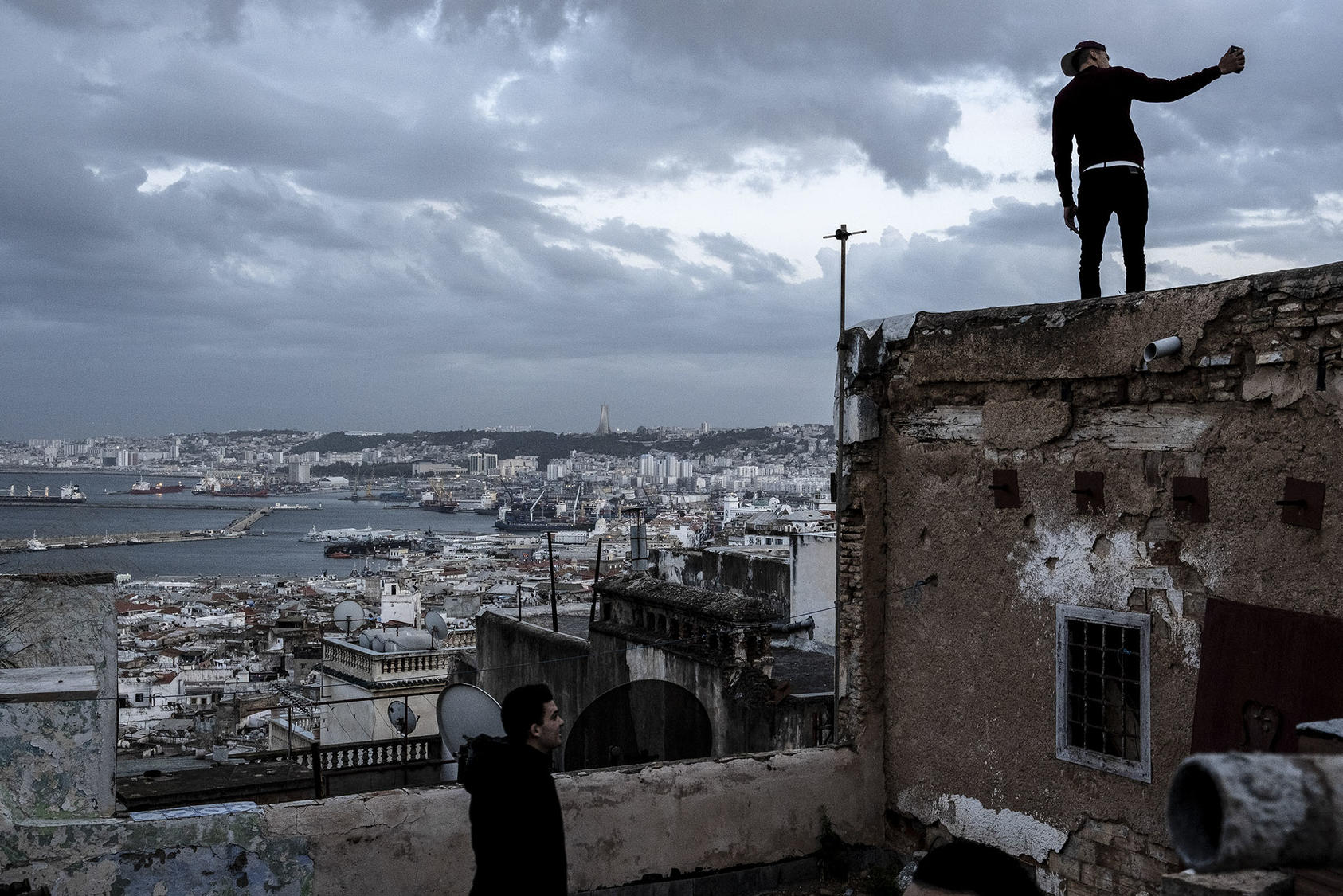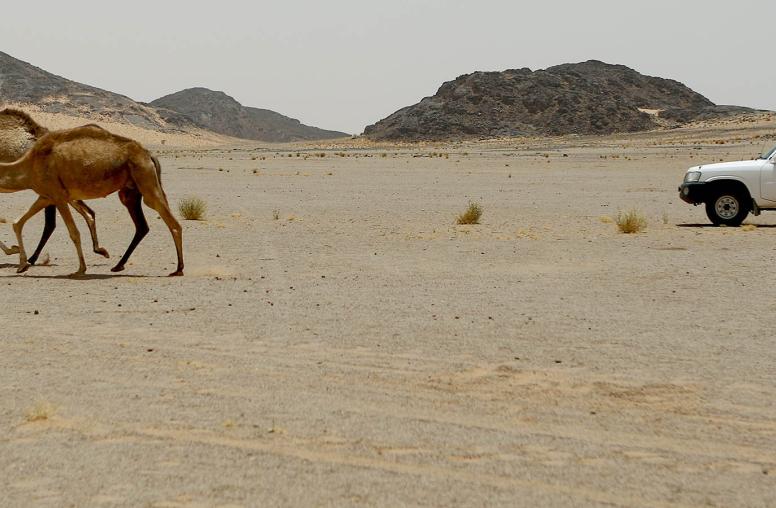Could Algeria’s Referendum Lead to Democratic Progress or Uphold Status Quo?
The opposition Hirak movement has bristled at its exclusion from the process as the country’s old elite continue to call the shots.
Algerians took to the streets in February 2019 to protest the re-election bid of longtime authoritarian president Abdelaziz Bouteflika. Those protests—which came to be known as the Hirak movement and resulted in Bouteflika’s resignation in April of that year—evolved quickly to calls for a fundamental overhaul of the country’s political system. Few real changes have been made since. This Sunday, Algeria will hold a referendum on constitutional amendments to ostensibly bolster the country’s democracy. But, the Hirak says the constitutional changes do not go far enough. USIP’S Tom Hill looks at why the constitutional amendments have stirred tension with the opposition, the movement’s struggles to coalesce behind specific demands, and the role of Algeria’s military and floundering economy in the transition.

While the government is touting constitutional amendments as sign of democratic progress, opposition groups and activists have criticized the proposal. What about the proposal is causing tensions to grow?
It is true that many protesters have rejected the constitutional amendments prima facie but I would disagree with those that say the amendments are not important or significant. The amendments introduce presidential and parliamentary term limits; the president is limited to selecting a prime minister from the parliamentary majority; the establishment of a special body to oversee development in traditionally marginalized geographic regions; the commemoration of the Hirak movement and its role in removing Bouteflika; raising the bar for suspending media activity and dissolving political parties; and the removal, with conditions, of the prohibition to deploy troops abroad—these are all significant changes.
I think the Hirak is reacting to the constitutional reform process that largely excluded them from discussions and there is a valid cynicism that the underlying powers in Algerian politics have not changed and will not change. The Hirak is, unfortunately, correct in its belief that constitutional reforms will not yield a fundamentally more democratic or inclusive political system.
The Hirak movement generated massive public involvement, with hundreds of thousands of protesters taking to the streets. However, activists and opposition groups have failed to present a strong alternative vision for the country. What’s behind these struggles, and what’s the state of the protest movement?
History has shown that leaderless movements can provoke significant reactions, but successful social movements have leaders. In the case of Algeria, the Hirak has a near pathological aversion to allowing leaders to emerge. Those that have stepped forward to negotiate with the government are immediately branded as traitors to the cause. This has hindered the ability of the Hirak to coalesce around a platform of demands or concessions.
In part, the success of the Hirak has been its ability to be all things to all people. Without a rigid set of demands—other than rejection of the status quo powers—the Hirak can appeal to those who want a total revolution as well as those that want minor political reforms. This undefined nature allows the movement to be inclusive while simultaneously reflecting competing political demands. However, this lack of definition makes it impossible to negotiate a path forward with the government. I don’t see this dynamic changing in the near future.
What role is Algeria’s historically powerful and influential military playing in shaping the post-Bouteflika era and the constitutional referendum?
The military remains the most powerful entity within le pouvoir, the nebulous group of actors and institutions that have ruled the country since the 1990s. After Bouteflika’s ouster, it was military chief Gen. Ahmed Gaid Salah who became de facto ruler. Salah guided the country into presidential elections in December 2019, resulting in the election of the military’s preferred candidate: Abdelmadjid Tebboune. The military remains the most trusted institution in Algerian politics across all segments of the Algerian population and the generals have tried to appear above the political fracas during this transition period, but the fact of the matter is that the military exercises an outsized role in both the political and economic sectors and that is crippling the country’s progress.
The Algerian military is unlikely to head calls for it to adopt a more traditional role, limited to defense of the nation from foreign military threats. At this point, the military has vast economic interests that it believes must be protected and its political influence is too enticing to cede. A détente with the Hirak seems unlikely as long as the military leadership is comprised of those who have spent decades cultivating personal patronage networks.
With Algeria’s economy suffering from a global drop in oil and gas prices, does the nation’s precarious financial situation factor into the push for—and the government’s receptiveness to—serious democratic reform?
In short, no. The government continues to “whistle by the graveyard” when it comes to the country’s impending economic calamity. Individuals in the government acknowledge the structural economic problems and the need for reform but, at an institutional level, there is an inability to take action and those vested in the status quo present significant challenges. Some have described Algeria’s economy as already past the point of salvation, likening it to Wile E. Coyote in the “Road Runner” cartoons: running off the edge of a cliff for some distance and then falling once he stops to look down.
Major structural changes to the Algerian economy are necessary, but many of those changes cannot be implemented unilaterally by the government such as an overhaul to social services and the social safety net. There is also a need to bring in foreign direct investment, which requires legal code reforms as well as a cultural acceptance of foreign engagement—a difficult change for a country known for its xenophobia and suspicion of foreign intentions. Unfortunately, Algeria will probably not be able to make the necessary reforms until after an economic catastrophe has hit and it will be the Algerian people—not the members of le pouvoir—that suffer the most.



